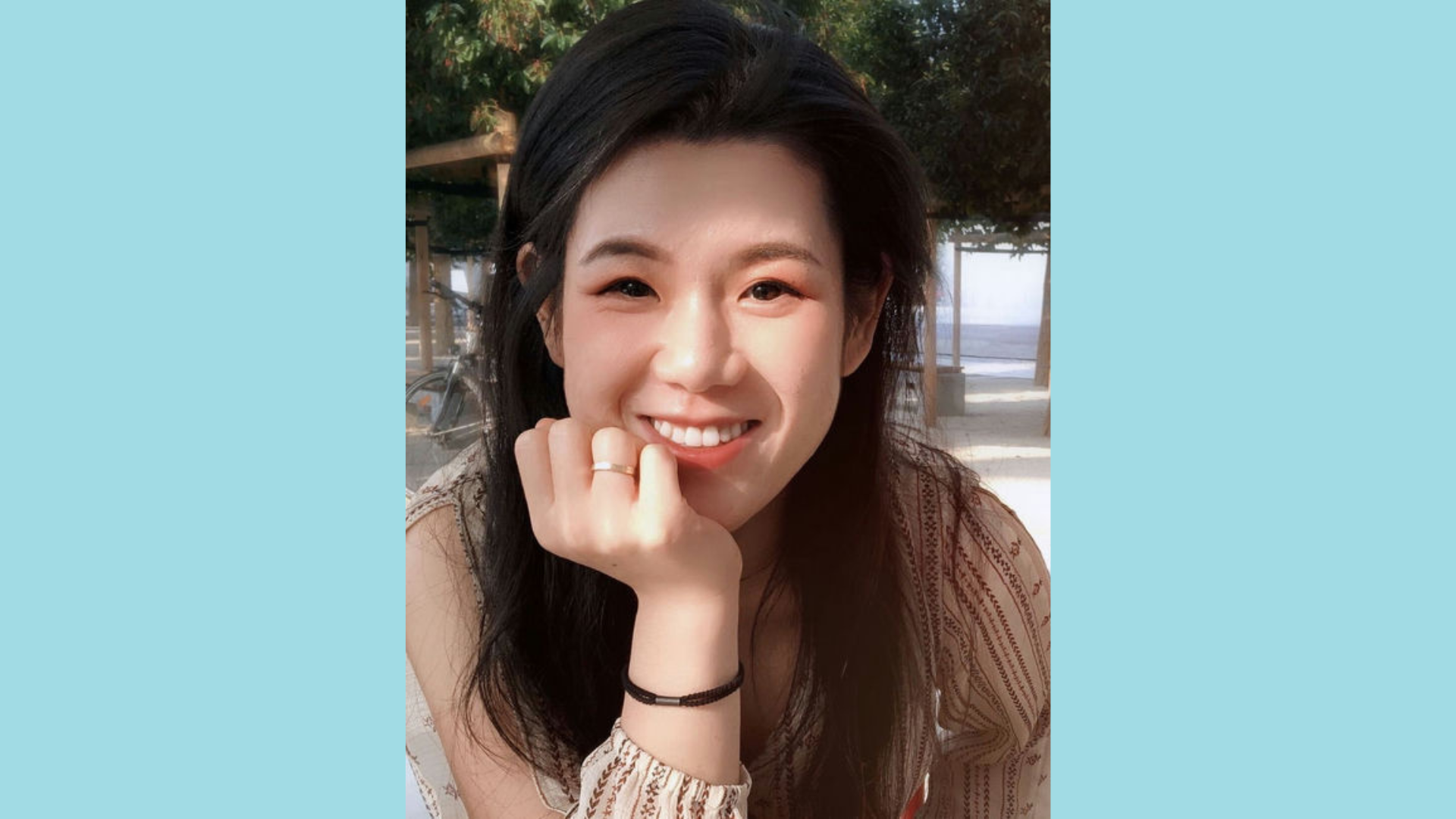Tell us about your background.
I am an assistant professor at the Institute of Data Science at Maastricht University. My research interests cover privacy-preserving distributed data mining, federated/distributed machine learning, synthetic data generation, decentralized personal health data management, health data sharing, management and analysis, personal knowledge graphs, and linked data.
I applied data science technologies (e.g., deep learning models, federated machine learning models, GANS) to solve research challenges in health domains such as diabetes, rare diseases (Leukemia), cardiovascular diseases, and sleeping disorders, and also in social sciences.
How has your work with WiDS influenced your life and career?
WiDS encourages me to look at and solve the gender balance in data science field and contribute to solving this issue in a correct way. I am more likely to join women in science activities, looking for female role models, and being more confident as a female researcher in data science.
What were the most successful aspects of your WiDS 2023 events?
The most successful aspect of my WiDS datathon event would be engaging young generations, industry participants, and people with other background to join the event. We connected people from different sectors and different levels together.
In what ways have you seen others in your community affected by your WiDS events?
Researchers or experts with different backgrounds joined our event, learned some data science knowledge and got connected with data scientists. They continued connections and started collaborations after the event.
What are you eager to do in the future for your communities?
I would like to extend the events and impact from university level to high school and society level. To fundamentally solve the gender imbalance issue within data science field, we need to start from primary school and high schools when students start thinking about their future and career.


